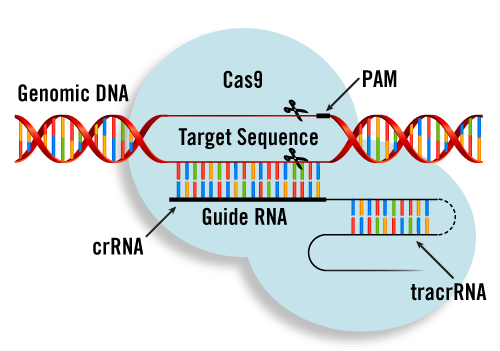Biography
Shabnam Tangri is an accomplished R and D leader with more than 20 years of experience in the development of bioanalytical, biomarkers and diagnostic strategies for drug development. Shabnam holds a Ph.D in immunology followed by postdoctoral training at UCLA. In her current CSO role, she leads a large scientific and operational team that develops and implements protein and genomic-based biomarker solutions for Pharma/ biotech companies. Shabnam’s team has contributed to several drug and diagnostic approvals over the years such as CAR-T, Inotozumab, Tysabri, PI3Kinase inhibitors and first NGS companion diagnostic for lung cancer. Most recently she was responsible for establishing the clinical trial center of excellence at Navigate BioPharma (A Novartis Company) which currently supports >100 clinical trials. Shabnam has authored multiple peer-reviewed publications, guidance documents and patents over her career in immunology, translation sciences, flow cytometry and biomarker diagnostics and immuno-oncology.
Emerging Therapeutics Showcase:
Navigate BioPharma
Provides Innovative and differentiated Biomarker and diagnostic solutions for drug development.
High Dimensional Flow Cytometry In Immuno-oncology
This presentation will describe the utilization of high dimensional flow cytometry as a differentiated tool for performing clinically meaningful immune characterization for Immuno-oncology drug development.
Session Abstract – PMWC 2020 Silicon Valley
The PMWC 2020 Emerging Therapeutics Showcase will provide a 15-minute time slot for selected companies and researchers in the CRISPR, Cell and Gene Therapy fields. Major advancements in safer cell- and gene-level editing technologies are bringing us closer toward cures for life-threatening disorders, from cancer to HIV to Huntington’s disease. Cell therapy, in which cellular material such as T cells capable of fighting cancer cells, is injected into a patient, has been demonstrated safe and effective. The popular new CRISPR tool that has been used to edit the genetic code of nearly any organism will have an enormous impact on human health. More than a dozen clinical trials employing CRISPR on human cells are already underway.









